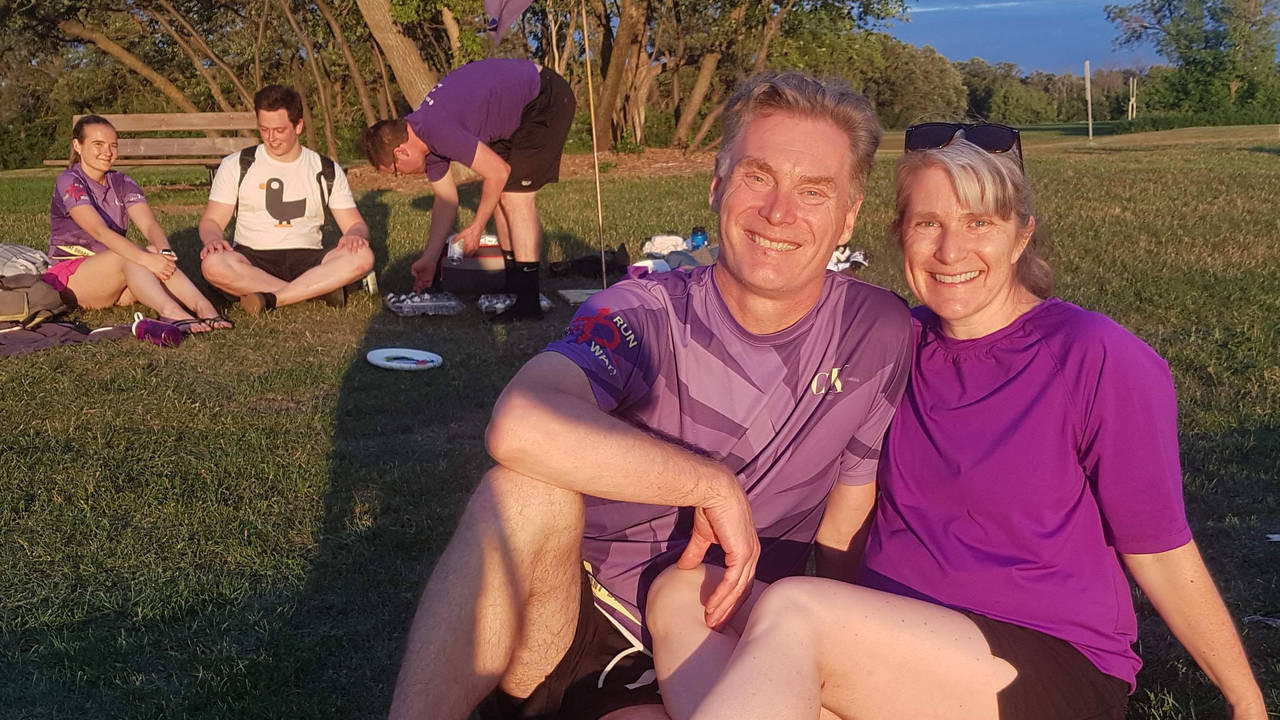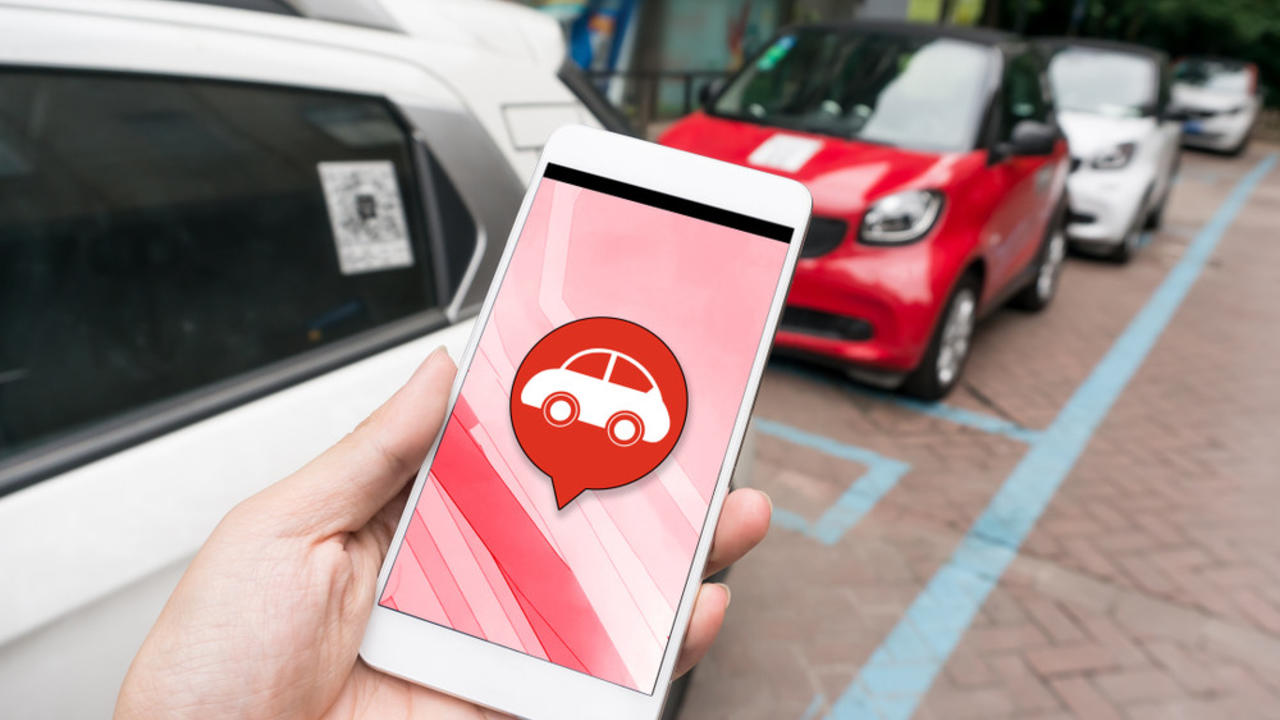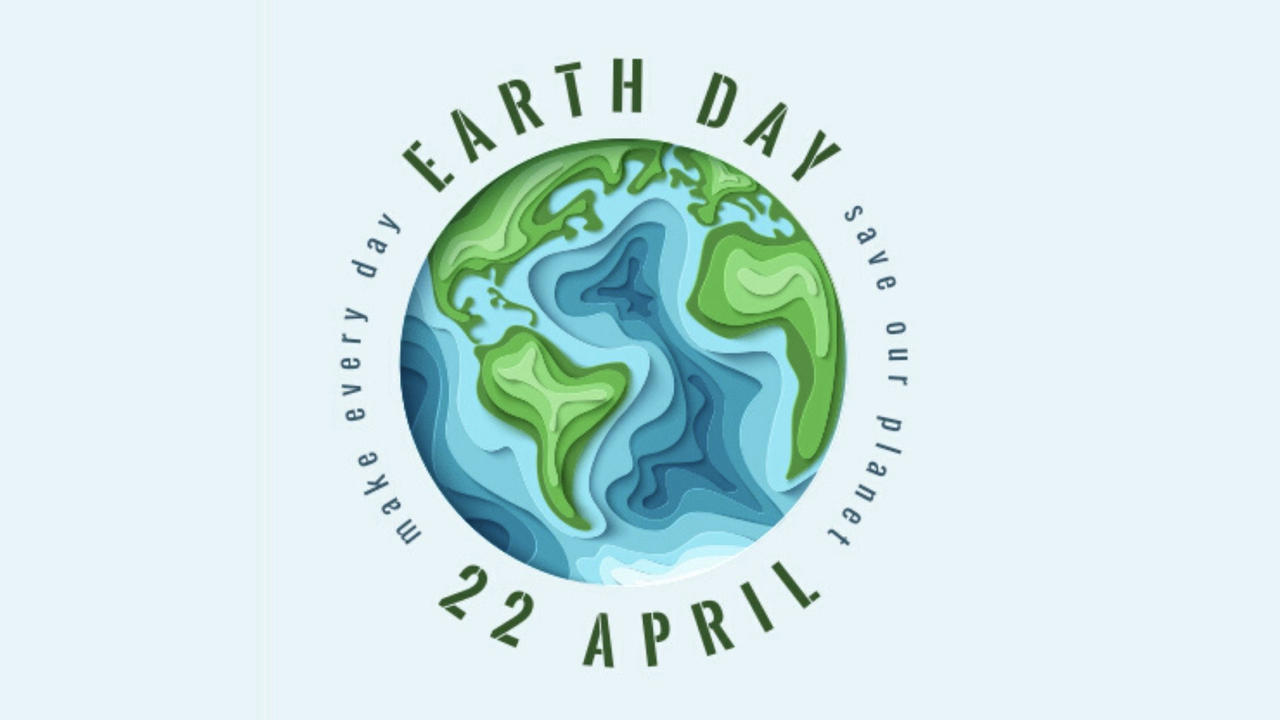Sustainable wellbeing and green living
Let's find ways to Flourish!
Flourishing Things: Learning by Walking

The dérive is a psychogeographical concept coined by Guy Debord in 1956 in his work "Theory of the Dérive.” The dérive refers to an unplanned journey through a landscape (often urban) where participants "let themselves be drawn by the attractions of the terrain and the encounters they find there." This concept was critical in the development of psychogeography which centres around playfulness and the exploration of urban landscapes. Dérive encourages participants to stray off the beaten path (both literally and metaphorically) and let their surroundings guide their movements. This type of movement and exploration facilitates experiential learning.
The best way to learn about a landscape is by immersing yourself in it. Letting yourself wander through an area gives you a tactical and rhythmic experience that cannot be replicated by looking at a map, viewing images, or reading about the area. Physically interacting with a landscape allows you to feel connected to the land and to the peop...
Flourishing Things: Mindfulness

Taking time out of your day to practice mindfulness can seem impossible when you have a busy schedule and a seemingly endless to-do list. Luckily, practicing mindfulness doesn’t have to be time-consuming and can easily fit into your everyday routine. Mindfulness is the act of purposely focusing on the present moment and accepting it without judgment. This means that instead of dwelling on negative feelings or thoughts that may run through your head while practicing mindfulness, simply take note of them and refocus on the present moment. Although humans are born with the ability to be mindful, it can be easy to rush through life without stopping to enjoy and reflect on the present moment. Practicing mindfulness is a great way to train yourself to naturally incorporate awareness into your everyday routine.
Mindfulness includes processing and interpreting what you are experiencing, whether it be emotional, mental, or sensory. This allows you to savour the present moment instead of ...
Flourishing Things: Ultimate Frisbee

Team sports introduce physical activity into your life in an enjoyable and consistent way, while increasing your social circle and building a sense of community. Ultimate Frisbee is a non-contact team sport that is played with a flying disk (also known as a frisbee). It was created in 1968 by students at Columbia High School in Jersey, in the U.S. Today it is an officially recognized sport that is played by thousands all over the world. Ultimate Frisbee is played by recreational, club, national and professional teams at differing age levels. Why do I single out Ultimate frisbee as a flourishing thing? Because my husband and I have been playing this sport together for over 25 years now, and we love the principles of the sport, that of sportsmanship and fair play. We always play hard and give our best, but it is most important to have fun! Win or lose, we want to enjoy the game. That is one of the foundations of the sport.
Although Ultimate Frisbee is an intense sport, it is very ne...
Flourishing Things: Carshare

Car sharing companies have increased in popularity in the past few years as people are looking for alternative methods of transportation that don’t break the bank. Public transportation may not always be the best way to get around, as it may be unsuited to carrying heavy items or travel to out of the way destinations. On the other hand, buying and owning a car has drawbacks for the environment and is very costly with insurance, maintenance and gas. Car sharing lets you have the best of both worlds. Car sharing is a form of car rental which is cheaper and more convenient than traditional methods, and carshare members have dramatically lower fossil fuel emissions as they only drive when necessary. If you need a car for a couple of hours to pick up a relative from the airport, transport materials, or for infrequent trips, car sharing is a great option!
How does it work? Many car sharing organizations operate in similar ways. Users are able to purchase a monthly or annual membership t...
Fourishing Things: Earth Day is April 22nd

Earth Day is celebrated annually around the world in order to raise awareness for environmental issues and show support for environmental change. Earth Day originated in 1970 when an American Senator, Gaylord Nelson, proposed a nation-wide environmental teach-in on April 22. The teach-in was organized with the help of Denis Hayes, a young environmental activist. This event was renamed Earth Day and inspired thousands of Americans to take to the streets in order to protest against the environmental destruction caused by industrialization. This national event became global in 1990 when the Earth Day campaign was celebrated in 141 different countries around the world.
In the face of climate change, it is important to take climate action whenever and wherever possible. Countries around the globe must work together to produce the creativity, technology and cooperation needed to tackle the climate crisis. As a result, climate action was the theme of 2020's Earth Day. Earthday.org hosts glob...
Flourishing Things: Family Summer Camp

Summer camp is one of the best ways for kids to spend their summers. Canoeing, playing soccer, swimming, spending time outdoors with friends, and roasting marshmallows around a campfire are activities that are often associated with summer camps and are enjoyed by people of all ages. Summer camps aren’t just for kids! Many places offer a traditional summer camp experience that can be enjoyed by the whole family. Lodging, food, and activities are provided at family summer camps, allowing families to spend some quality time together without any distractions. Additionally, family summer camps are convenient because they let you get the camping experience without the hassle of setting up accommodations and recreational activities yourself.
While some family summer camps offer family activities all day and evening, others offer kids-only programs during the day so that parents can relax or take part in activities on their own. Additionally, some camps allow you to create your own schedule s...
Flourishing Things: Electric Vehicles

As climate issues become more prevalent, people are beginning to make lifestyle changes that reduce their impact on the environment. Transportation is one of the largest sources of carbon emissions. Therefore, there is a large incentive for people to rethink their methods of transportation. Opting to walk, bike, or take public transportation can be a great way to decrease your personal emissions, however, it can be impractical for those who require a personal vehicle. Luckily, electric vehicles are becoming more common and accessible to the public.
How are electric vehicles environmentally friendly? The main benefit of electric vehicles is that they do not use fossil fuels. Fossil fuels release harmful pollutants such as carbon dioxide into the atmosphere, effectively contributing to global warming. Although the amount of energy required to produce electric vehicles and their batteries is more than traditional vehicles, electric vehicles do not produce tailpipe emissions. This signifi...
Why Earth Day needs a re-branding

Today is the 50th anniversary of the first Earth Day, and in this strange time of the global pandemic due to the Coronavirus, COVID-19, we are seeing decreasing pollution all around the globe as our travel has dramatically decreased, along with decreased economic activity due to the pandemic. I thought it might be a time to re-think Earth Day. It’s not that environmental issues have gone away; they are actually more relevant than ever. It is just that the conversation about environmental issues has expanded, as have many of the problems since those first Earth Day teach-ins in 1970.
Don’t get me wrong, I consider myself a strong environmentalist and have spent my entire adult life in environmental education and working towards sustainability. So of course, I love that we have at least ONE day a year when we are guaranteed some attention to promoting these issues. But it is only one day. And really, I think that we all know that a one-day feel-good event is not going to cut it. We need...
Flourishing Things: Plogging

Plogging is the combination of the words ‘jogging’ and the phrase ‘plocka upp’ which is Swedish for pick up. Plogging describes the act of jogging and picking up trash and was invented in 2016 by Erik Ahlström in Sweden. He created the website Plogga in order to raise awareness about this new activity and recruit environmentally concerned individuals in order to collect litter while engaging in physical activity. Plogging quickly spread to other countries such as India, Canada, and the United Kingdom.
Plogging is a great way to get active and improve your environment. Jogging on its own has multiple health benefits but picking up trash while you jog is a great way to incorporate additional movements such as bending down or squatting into your fitness routine. Additionally, plogging helps remove harmful litter and plastic debris from roads, sidewalks, and trails. Plastics are endocrine disruptors that have the ability to accumulate in the food web. In addition, ...
Flourishing Things: Urban Ecology

Wildlife isn’t only restricted to rural areas or areas that we categorize as “nature.” The urban environment is full of animals of all shapes and sizes. Considering the fact that human environments and dwellings have displaced the natural environment and continue to do so through urban sprawl, it is not surprising that we live in a shared environment. Taking a closer look at your surroundings will reveal the wide variety of wildlife in your backyard including birds, squirrels, rabbits, raccoons, deer, and many more depending on your geographic region.
Lyanda Linn Haupt’s book called “The Urban Bestiary” focuses on the convergence between human environments and wildlife habitats. Haupt describes the flora and fauna that she observes within her Seattle backyard and how they contribute to the functioning of the ecosystem. This book highlights a “new” concept of nature which doesn’t belong to remote areas but is visible in our everyday lives. Her book offers tips and tricks to help reader...

